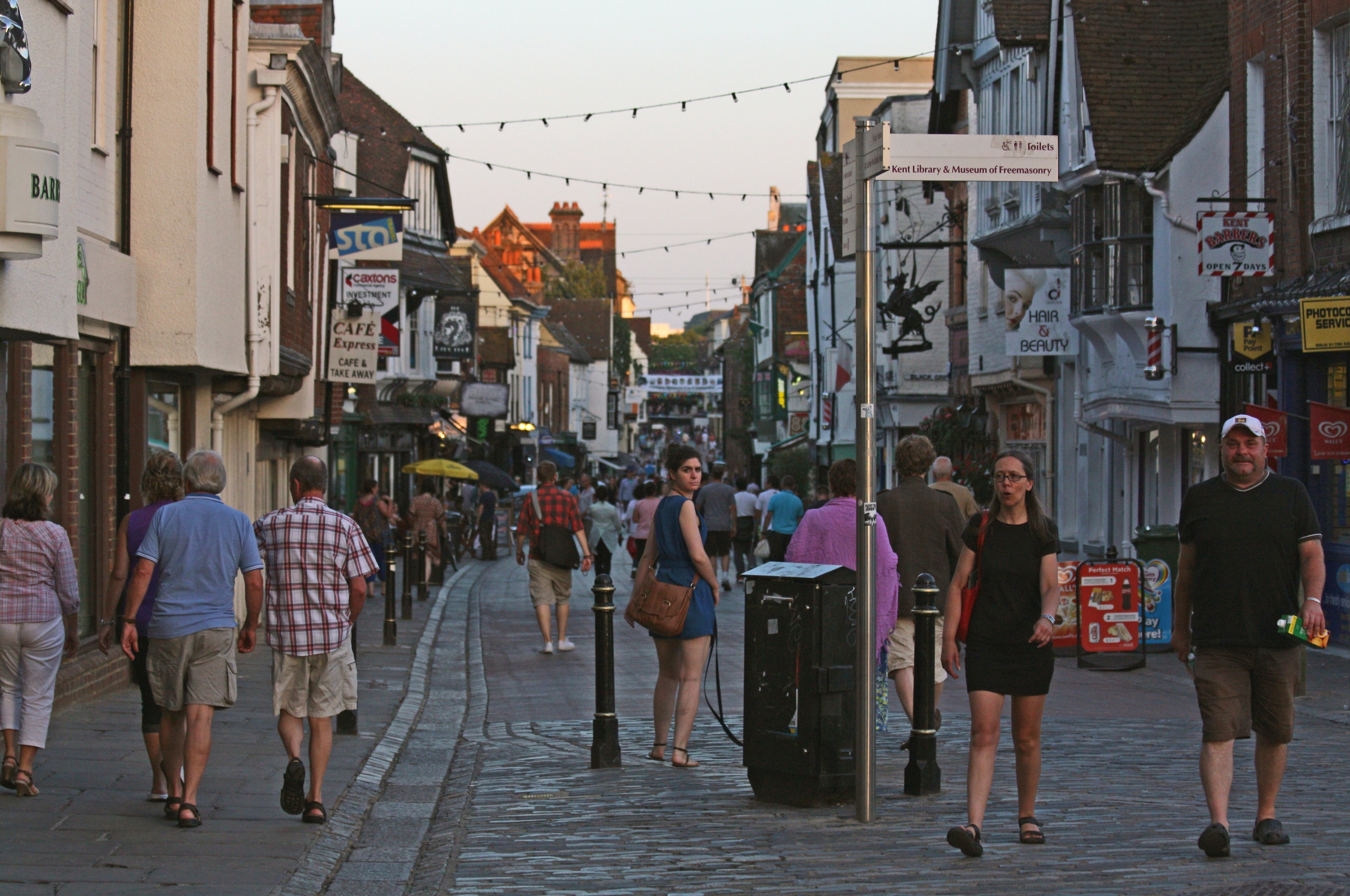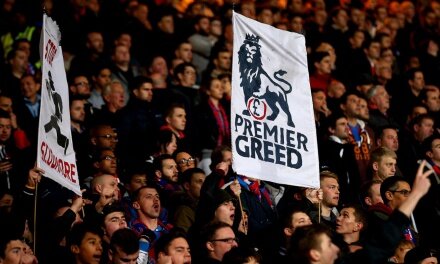
Nightclubs in decline: Who’s to blame?
The end of an era and a decline in the nightclub scene; that is what figures from the Association of Licensed Multiple Retailers (ALMR) claim. Georgia Goldsmith gives her view.
A decade ago there were at least 3,144 clubs across the UK, but in 2015 only 1,733 are left standing. So are students becoming more studious? Is partying out? Who is to blame? ALMR believes that the smoking ban and residents complaining about noise are some of the key catalysts. However, IBISWorld’s marketing insurance suggests that the increase of tuition fees and youth unemployment are affecting the economic growth of nightclubs.
Students pay more and earn less, forcing them to find other ways to party. There are two main factors at play: social media has been a game-changer as Tinder and Grinder have made the hook-up culture of a nightclub defunct. Furthermore, with the noise pollution police on the patrol, how are any of us going to have a good time?
Clubs in 2005 were a scene of tackiness and sleaze, in a smoke-filled sweat box. The upmarket brand offered glamour in exchange for a mere fortune for entry, then £20.00 cocktails. In 2005, the most expensive clubs offered a better range of drinks, whereas those going to Liquid could look forward to a watery mixed Jägerbomb whilst listening to Basshunter for the ninth time.
Meanwhile, clubs in 2015 play to a more eclectic taste. The dance, house and ecstasy scenes are looked on as nostalgic. Venues that do not keep up with the hipster movement will close, experimenting with cocktails and craft beer seems to be a more favourable option, and live music is preferred over a resident DJ. Additionally, later licensing hours in pubs and bars allows partiers a wider range of venues to enjoy throughout the night.
Those who were in Canterbury last summer will remember the complaints from residents after the Summer Ball. Fireworks stopped at 23:00 and the music at 1:00, yet still the tirade of citizens blamed students for disturbing the peace with noise pollution. “Some people actually have to work weekends and some people have children !!!” one resident said.
In 2014, Ministry of Sound ended a five-year battle with developers Englewood over noise pollution. Fearing that the venue would lose its 24-hour licence, the club was forced to redevelop its facilities. For a company such as Ministry of Sound, redevelopments such as these are inconvenient and expensive, yet possible. Smaller venues, however, risk being bullied into closure.
Tuition fee increases and the recession have also impacted the amount of money spent in clubs. The House of Commons briefing by Jeanne Dellebare (16/09/2023) states that the highest rate of unemployment is within the 18-24 year old age bracket, with an average of 723,000 people unemployed out of an overall 1.8m across the UK. The lack of employment matched with the cost of venues has aided the decline in nightclubs. Pre-drinking is the solution to having an epic night on a cheap budget for many. You can spend £7.00 on a six-pack of beer from a supermarket or £7.00 for a cocktail in a bar. The Economist reported that an average of just 1.8 drinks was sold to each customer per night at clubs. Students are not drinking less; they are being economical.
Generation X think that the decline of nightclubs is the rise of drunkenness from students. In the early 2000s, many would go out to have a good time, there was drinking and drugs, but the point was to have a good time. Now it seems the point is to get drunk. If you are inebriated before you leave for a night out you don’t need to spend the money when having fun on the town.
Tinder has replaced the awkward, drunken, nightclub pursuit. Ofcom stated that in 2005, only 8% of UK citizens used social media, compared to 81% today. Gone are the days of a nightclub fumble or conquest, where success was no guarantee. Today you can have a good night out, without the fear of being unaware that your friend will be abandoning you for the bloke in the tank top. For those looking for just sex minus the night out, Tinder allow users to find amicable contacts with similar interests, without having to scour the depths of the nightclub. It is self-gratification. Little effort, money, or time is required.
The evolution of social media has made the nightclub hook-up a defunct option. This is a good thing, it means those going to nightclubs are going for the atmosphere and event. People still meet up, but the pressure is off for both sexes, and those going are out for a good time.
So, who is to blame for the nightclub decline? Is it noise pollution? Rowdy pre-drink drunks? Or, is it the night clubs themselves? Nightclubs are declining due to a changing age of communication and the recession. With longer licensing hours for pubs, and a larger variety of cheaper nights, the nightclub is losing its niche market. Few are surviving by creating either comedy nights within the venue or operating during the day with restaurant licences.































Discussions